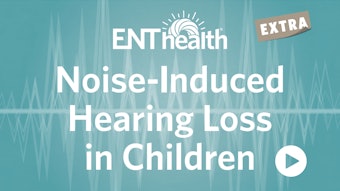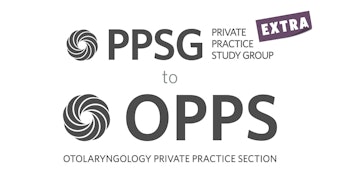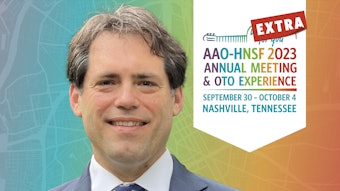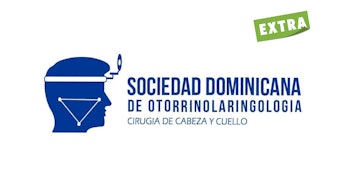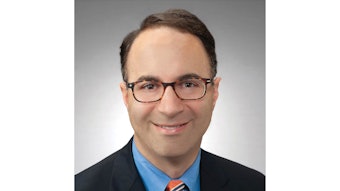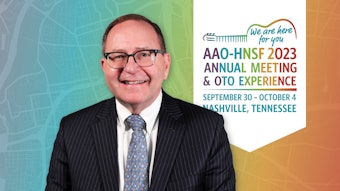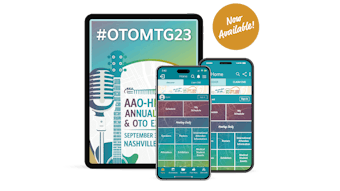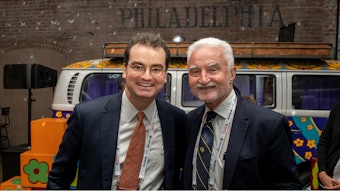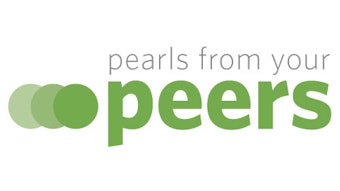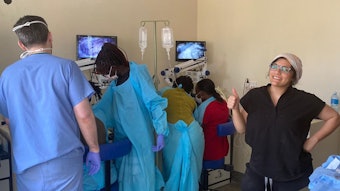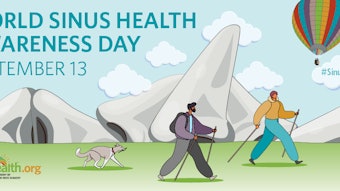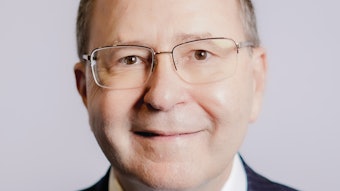Friends and Colleagues
There is no perfect ratio for work-to-life balance, but more of a realistic expectation for the juggling of competing needs.
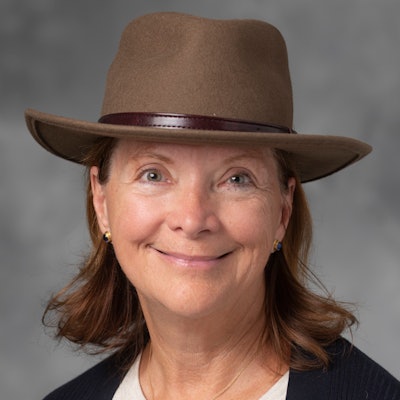 Kathleen L. Yaremchuk, MD, MSA
Kathleen L. Yaremchuk, MD, MSA
AAO-HNS/F President
In our world, we are lucky to be surrounded by well-educated, well-traveled, and curious people who are equally motivated and have answered the call to treating patients and having a positive impact on their lives. Our colleagues help us solve problems, make us laugh, and share the weight when patients and families turn to us for answers. This serves to help us in many ways and provides support when we need to tell patients and families that the health burdens they have may get worse and not better under our care.
Which brings us to the discussion of work-life balance that seems to be never ending. Much like other things, there is no perfect ratio for work-to-life balance, but more of a realistic expectation for the juggling of competing needs.
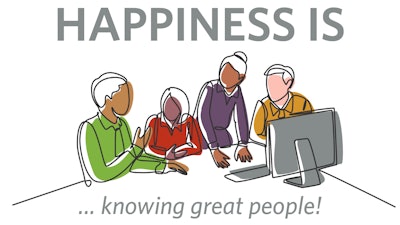
Prioritize your health and be conscious of taking time for yourself. At times, it may be all you can do to get the kids off to school in managing the demands of home and professional life. It is important to remember if your needs aren’t being met, you won’t be able to be there for your family or patients. Give yourself permission to take time for yourself. Read a book that has nothing to do with medicine, take a walk that helps you clear your mind, or take time for a movie that makes you laugh. Spend time with a friend or colleague who allows you to talk through the issues that are causing you concern.
Our electronic world makes it more likely that we are available 24/7 and in a state of high alert all the time. The days of the beeping pager have been replaced by the cell phone and its musical tones. Most of the time, more than we need to, the cell phone has become an extension of our upper extremity. It has almost become an addiction to check the phone for messages and alerts that can certainly wait a good deal of the time. Don’t be afraid to unplug. To take the challenge, choose a day where you don’t check your phone for texts or emails. Answer the phone if someone calls or call friends or family members you haven’t spoken with and let them know you are thinking of them.
I did this inadvertently one day when I forgot my cell phone at home. Instead of going home to get it or asking a family member to bring it to me, I decided to let it go. After an hour of anxiety, I realized a sense of calm. Focusing on tasks at hand without the multitasking that had been standard operating procedure—the day went smoothly and with less stress than usual. It can be done. Let it happen.
Don’t be afraid to take a vacation without worrying about what’s happening at work. It is interesting that in most of the world, a “holiday” is considered any time away from work. In the United States, there is a distinction between a vacation as a period of time spent away from work for rest, relaxation, or travel, while a holiday is a specific day or period designated as a public or religious celebration. It seems we are far more likely to allow ourselves real “time off” during holidays than vacations. I think I am going to start using the term “holiday” whenever I am away from work to help designate the time away as truly special. Words mean things.
Part of this tough process allows us to set goals and priorities for achieving the work-life balance that we seek for ourselves, defined by our own terms. To-do lists assist in helping to accomplish what we have set to do for the day. Being realistic also means when the tasks have been crossed off, it is time to pick up the “life” tasks and move on to that walk with the family, garden tour, or physical activity you have been too busy to do. Better add those to the to-do list—they are just as important as well as connecting with friends and colleagues.
I look forward to seeing you in Nashville for the AAO-HNSF 2023 Annual Meeting & OTO Experience, and believe it or not, this is my last column and opportunity to say in this forum, as friends and colleagues, I appreciate you!

